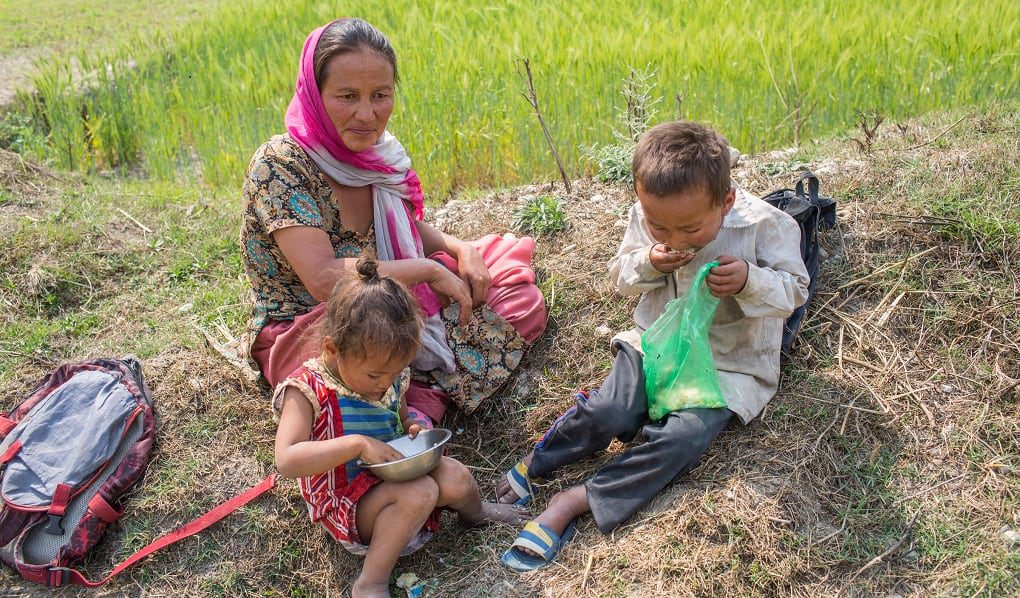
STRENGTHENING HEALTH SYSTEMS: ACCOUNTABILITY AT THE COMMUNITY LEVEL
Health systems across the developing world are becoming more decentralized. There is also a shift away from health systems being managed by donor agencies and international NGOs. But frequently, local governments lack the expertise to administer them, and are more vulnerable to corruption. This trend highlights a vital but often overlooked component of effective health systems: the ability of citizens to hold authorities accountable, demand their rightful services and call out corruption.
For a community to thrive, it needs robust information systems that offer journalists and citizens a platform to demand, critique and shape resilient health systems. Internews works at this “governance frontline” of health systems strengthening, where community engagement is vital to stimulate the uptake of services, and where citizen voice and feedback can be gathered to promote transparency, demand accountability, counter corruption, and influence policy at both the local and national level.
Internews’ support to journalists and civil society communicators is based on the premise that relevant and accessible high-quality information is a root solution to advancing the Global Goals for Sustainable Development and the Agenda for Sustainable Development: to reduce poverty, build more accountable governance, and ensure healthy lives and well-being for all. Our work demonstrates that public health outcomes can be significantly improved when local health information is culturally-sensitive, communicated in languages people can understand, and responsive to local needs and concerns.
SUPPORTING THE ROLE OF MEDIA AND CIVIL SOCIETY WATCHDOGS
When citizens learn that they have the right and the channels to demand quality health services, and when the media is enabled to communicate this demand and seek a response, then both the demand and supply sides of the public health system are stimulated.
The Internews Health Finance and Governance Briefing Kit helps citizens and journalists “follow the money.” It is designed to help journalists more effectively highlight evidence-based health priorities, analyze health budgets, identify gaps between national health statistics and health spending, explain new health policies, fact-check sensational stories, and dispel rumors with facts.
In Nigeria, Internews helped the media to target health policy-makers through engaging and informative stories and discussions on a range of platforms. This kind of media-led public discourse helps governments define a vision for the future health of their citizens, outline national priorities, and build consensus around policy.
HARNESSING THE POWER OF DATA JOURNALISM
Data has emerged as a crucial force in public health reporting: data serves as a source of stories and can reach audiences in powerful and immediate ways when journalists have the skills to bring news insights alive through infographics. Data journalism done right holds those in power to account.
Internews in Kenya brought together expertise in data journalism training and investigative journalism techniques to drive bottom-up demand. Journalists conducted an audit of the health promises made by political parties, providing reality checks and exposing shortcomings and even corruption, which in turn helped citizens make more informed electoral choices.